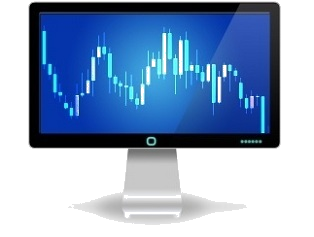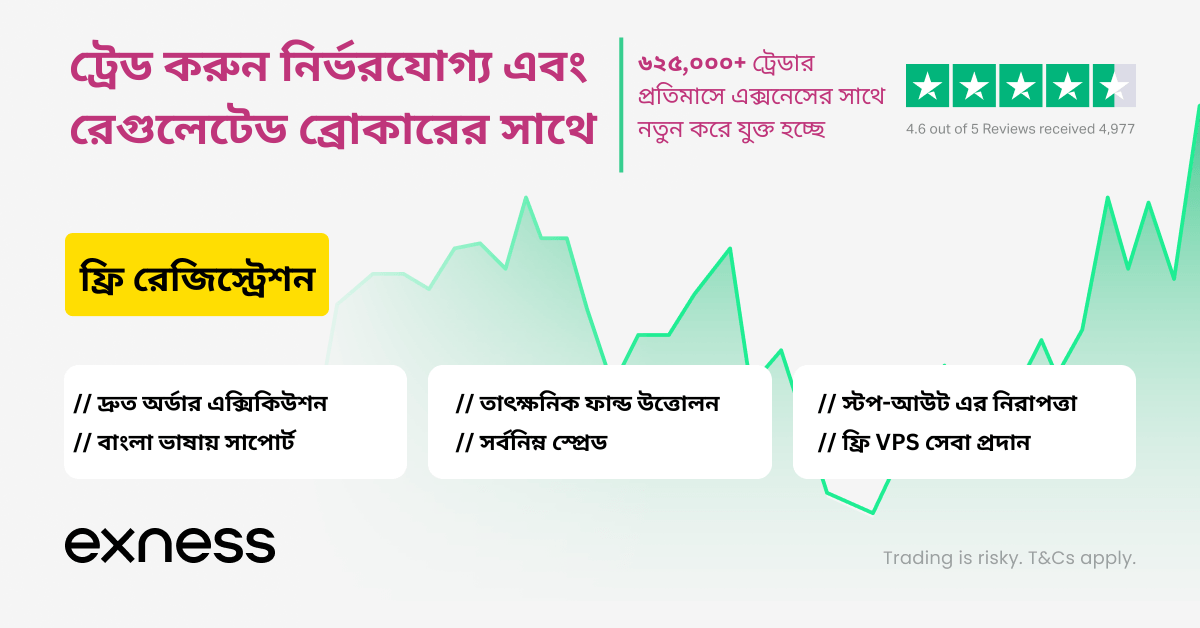The dollar held weaker against the yen in Asia on Tuesday with remarks from the Fed chief that suggested rate hikes were likely sooner rather than later failing to lift the greenback and political risk aiding yen safe-have demand, while the Aussie held ground after a mixed business survey.
USD/JPY fell 0.20% to 110.72, while AUD/USD rose 0.07% to 0.7506.
In Australia from a National Australia Bank survey, business confidencecame in at plus-6 in March, below plus-7 the previous month, while the business surveyrose to plus-14 from plus-9.
The U.S. dollar index, which measures the greenback’s strength against a trade-weighted basket of six major currencies, however edged up 0.03% to 100.97.
The Federal Reserve’s plans to raise U.S. interest rates gradually are aimed at sustaining full employment and near-2-percent inflation without letting the economy overheat, Fed Chair Janet Yellen said on Monday.
“I think we have a healthy economy now,” Yellen said at an event at the University of Michigan’s Ford School of Public Policy in Ann Arbor.
Yellen repeated earlier comments that the economy is expected to continue to grow at a moderate pace.
“Whereas before we had our foot pressed down on the gas pedal trying to give the economy all the oomph we possibly could, now allowing the economy to kind of coast and remain on an even keel — to give it some gas but not so much that we are pressing down hard on the accelerator — that’s a better stance of monetary policy,” she said. “We want to be ahead of the curve and not behind it.”
According to Investing.com’s Fed rate monitor tool, over 52% of traders expected the Fed to hike interest rate in June, compared to 49% a week earlier.
Overnight, the dollar dipped against a basket of major currencies on Monday, as geopolitical tensions remained front and center.
In what was a quiet day for top-tier economic data releases, investors focused on geopolitical tensions in the Middle East, after last week’s U.S. missile strike on an airbase in Syria.
Meanwhile, geopolitical tensions in Asia surfaced, following the U.S decision to move a Navy strike group toward the Korean peninsula amid continued missile tests by North Korea.
Some analysts, expected the dollar to continue its downward bias but warned that sentiment has improved in recent trading sessions.
The euro gained against the dollar, after falling to a 1-month low, as investors grew anxious ahead of the first round of French presidential elections on April 23.

























































